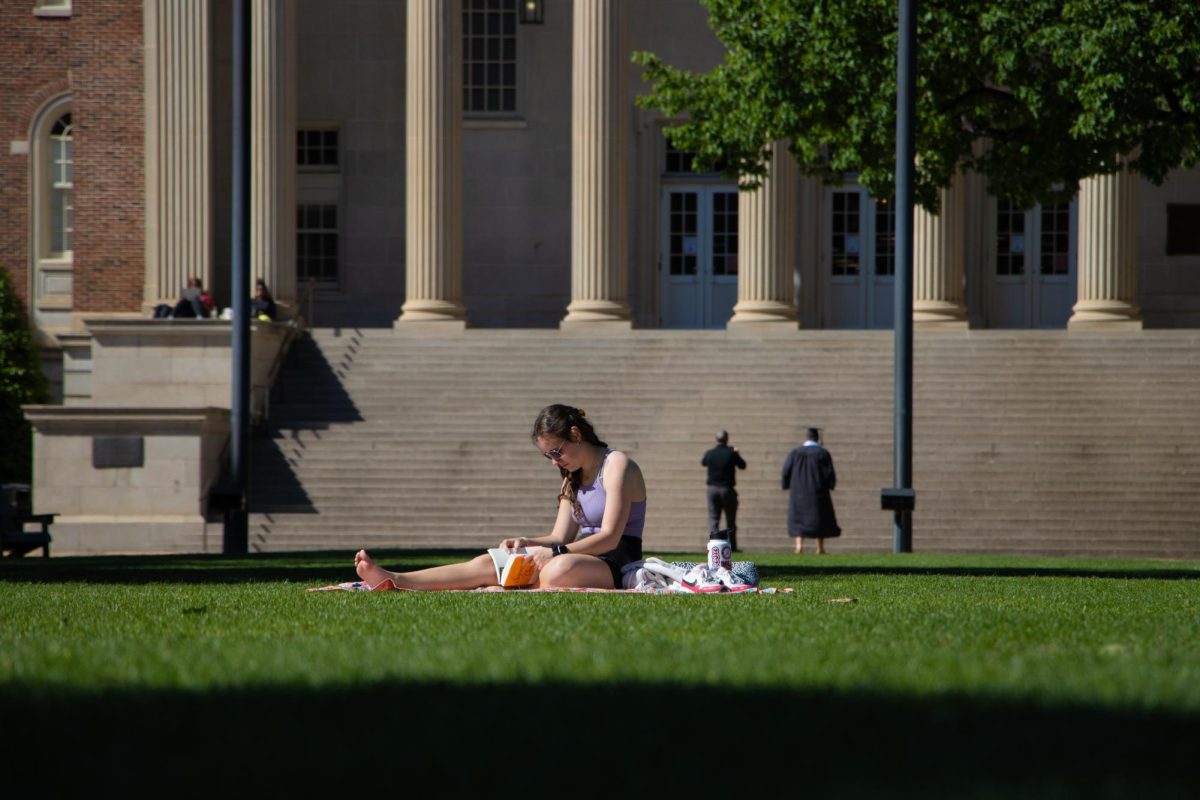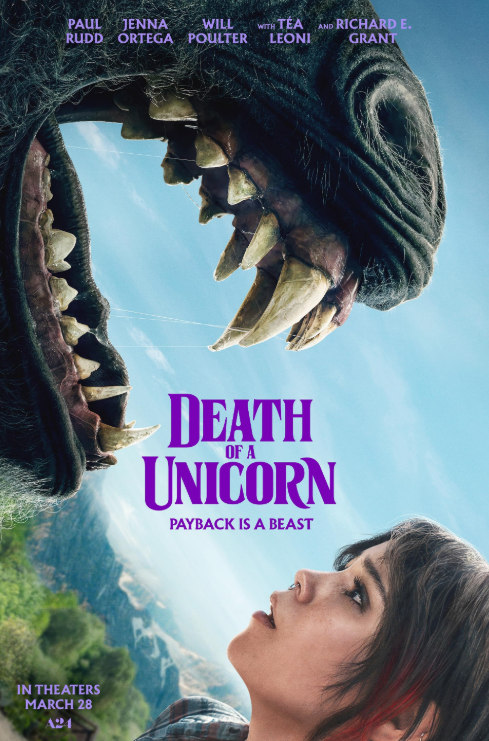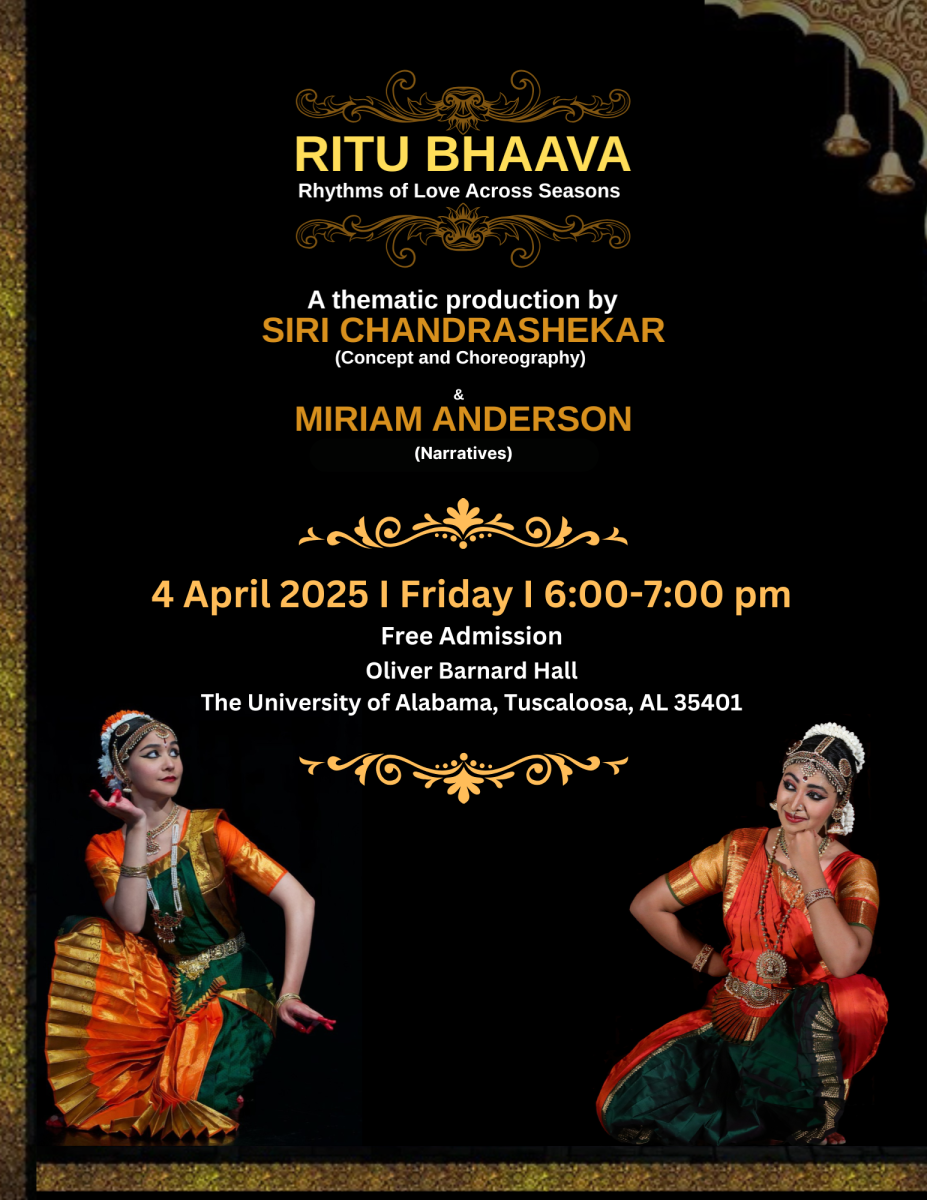This past weekend, The University of Alabama hosted the fifth annual Black Warrior Film Festival. The festival provided student filmmakers and Tuscaloosa community members an opportunity to showcase both independent projects and student films in an environment like that of the Sundance Film Festival.
The Black Warrior Film Festival aims to showcase student films through out the South with community-wide screenings, workshops, special events and industry professionals. The event celebrates the work created by student filmmakers and allows the Tuscaloosa community a chance to immerse themselves in the art of filmmaking.
Along with the opportunity to exhibit their work, students and community members had a chance to interact with industry professionals.
Daniel Schienert kicked off the two-day festival on Friday with a Q&A session attended by students at Maxwell Hall. Schienert’s most recent film “Swiss Army Man” premiered last year at Sundance to a sold out crowd and had a successful theatrical release. Along with numerous short films and commercials Scheinert has created and directed with his creative partner Daniel Kwan, they have also done music videos for Passion Pit, Foster The People, DJ Snake+ Lil John and Manchester Orchestra.
Schienert opened the floor for questions about the process of creating and working on movies in the industry outside of school film festivals. He discussed the impact that college and being student filmmaker had on him and his progression as both a successful writer and director.
Later Friday night, Black Warrior hosted Tide Talks present: Screen to Stage at the Ferguson Center Theater, where Daniel Schienert spoke again with students and community members. University of Alabama students Abigail Armstrong and Hallie Tarpley joined him in the discussion of filmmaking. Both Armstrong and Tarpley are a part of the Journalism and Creative Media Department and spoke about their experiences in creating films as students.
“This campus finds its pulse mostly in politics and the inescapable, yet suffocating desire, to flesh out an irresistible resume,” Tarpley said. “However, we so rarely hear from the fine arts and film students that are trying to do the same thing in a field that is also extremely competitive and continuously changing but does not have a well-defined track. Black Warrior and the Tide Talks from last Friday gives student filmmakers the space to not only to display their work and build their resume, but also a space to talk about the unique issues of pursuing the liberal arts today. Having a chance to hear from Daniel was incredible opportunity because he is someone who is from around here and is able to speak to what being a young filmmaker looks like.”
On Saturday, the festival put on events throughout the day starting with the Aspiring Filmmakers Workshop for students and community members. Throughout the rest of the day the festival goers were invited to film blocks to watch films that had been entered into the festival, attend a Filmmaking in the Age of Moonlight Panel, attend a Filmmaking in the Southeast Panel and attend an award ceremony followed by a reception.
Armstrong’s film “Since Feeling is First” premiered on Saturday and was nominated for the Holle Award for Excellence in Filmmaking. Though Connor Simpson took home the Holle award for “Léa,” Armstrong’s film won for Best Narrative and Best Production Design.
Her film was screened again on Monday night at the Bama Theatre followed by a cast and crew panel Q&A.
Armstrong’s film illustrated the relationship between a recently divorced man and his newly built android wife, who are partnered up though a company that seeks to explore the potential for emotional relationships between human and artificial life. The crew consisted of all students and was shot over a four day period in early November with filming locations in Birmingham and Lake Tuscaloosa.
“I thought it was really well done, and I think that the crew consisting of all students made it a more collaborative project than most films,” said Rob Thompson, a junior majoring in telecommunication and film. “It felt like everybody worked really well off of one another, and it seemed like the bond and experience they had from knowing one another already made it easier to do with adversity during production.”
Students were not the only ones in the audience during the screening. Community members from the Tuscaloosa area also came to see the film.
“I do think that it being student produced and directed influenced the film,” said Michele Garlotte, a community member. “Your perspective as an 18 year old is completely different than your perspective as a 38 year old. Everyone’s journey is different but I think as you get older those experiences influence your decisions. I thought the short film was very well done, particularly considering it was student written, directed and produced.”









